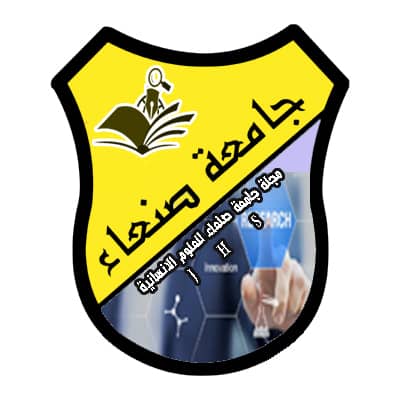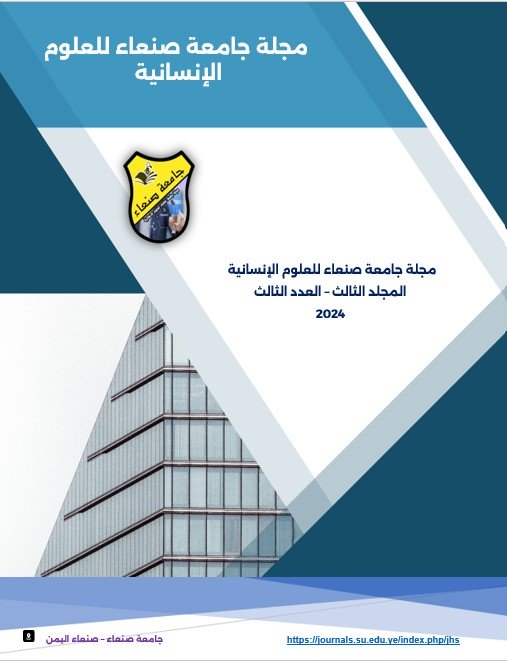The Possibility of Adopting Enterprise Resource Planning Systems in the Transformation to Smart Government: A Field study in the Yemeni Government Telecommunication Sector''
Main Article Content
Abstract
This study aims to investigate the feasibility of adopting Enterprise Resource Planning (ERP) systems, encompassing dimensions such as (Supplier Relationship Management, Customer Relationship Management, Business Intelligence, and Mobile Commerce), within the context of smart government transformation. The latter includes dimensions of (Smart Management, Smart Communication, and Smart Services). Additionally, the study seeks to assess the current state of ERP system implementation and the status of smart government initiatives within the Yemeni telecommunications sector. Employing a descriptive analytical approach, the study utilizes a questionnaire as the primary data collection tool. The target population comprises all employees utilizing ERP systems in the Yemeni government telecommunications sector, specifically those affiliated with the General Corporation for Telecommunications and the Yemeni International Telecommunications Company (headquarters). Participants are required to possess qualifications in fields such as Computer Science, Computer Engineering, Information Technology, Information Systems, Networking, or Business Administration, totaling (177) individuals. A comprehensive survey was conducted involving all members of the target population. Out of the (177) distributed questionnaires, (157) were retrieved and analyzed, yielding a response rate of 88%.
The findings indicate that the implementation of ERP systems is perceived to be at a high level, as is the practice of smart government. Furthermore, the results suggest that the adoption of ERP systems significantly contributes to the transformation towards smart government within the Yemeni telecommunications sector.
The study recommends that the Yemeni government telecommunications sector prioritize the updating and development of ERP systems to facilitate integration with mobile applications. Additionally, it is essential for this sector to formulate a clear strategic plan for smart government transformation, delineating specific goals and necessary steps for implementation. Finally, the adoption of mobile applications and devices for service delivery to beneficiaries is strongly advised.
Downloads
Article Details

This work is licensed under a Creative Commons Attribution-NonCommercial-NoDerivatives 4.0 International License.

